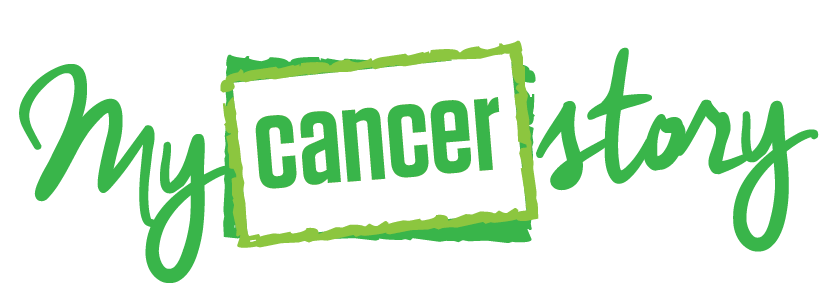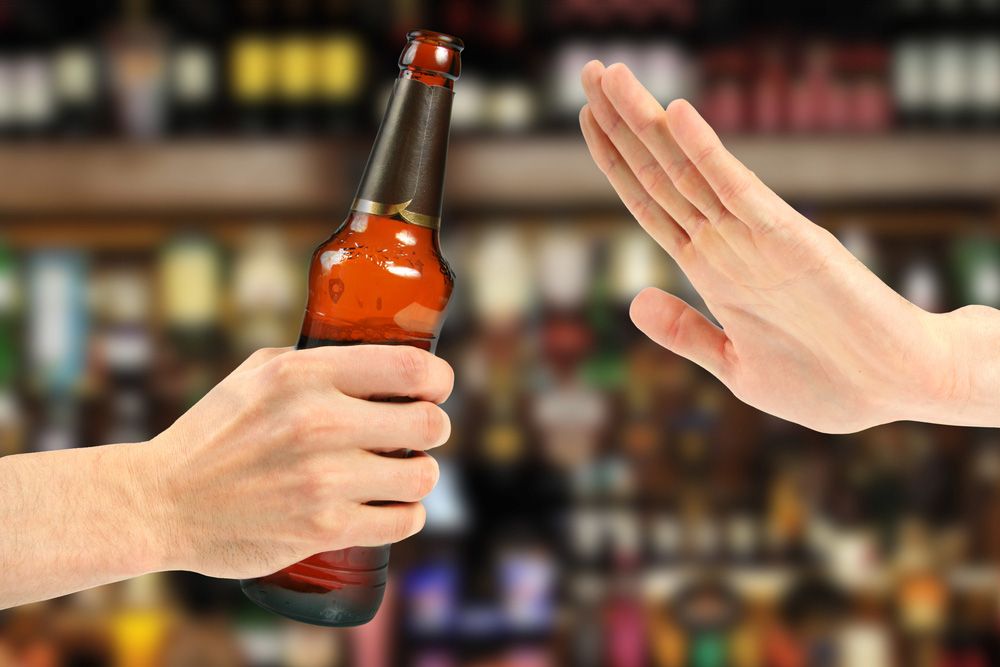When Alcohol Isn’t an Option For a Young Adult Cancer Survivor

Waiting to turn 21 as a member of the millennial generation is a rite of passage with a whole slew of traditions. For me, it was drinking a margarita at midnight on a Tuesday while doing advertising homework, enjoying a birthday cake with a drunk look-alike Barbie doll adorned by liquor shots and finally using those alcoholic emojis on Facebook without fear of legal repercussion.
Flash forward to my eleventh month of being 21, when I finally learned how to do shots. It wasn’t whiskey, vodka or rum, and it wasn’t tequila, bourbon or scotch. It was the bottomless amount of magnesium citrate required to clean out my system before a colonoscopy, one of the final tests I endured prior to being deemed “cancer-free.”
Sounds glamorous, right? It’s been more than two years and I’m still ordering virgin daiquiris at the bar, which, while delicious, is a painful ritual when the prime activities for your age group involve happy hours and going out for drinks.
Facing a world without alcohol is a reality for many young adult cancer patients even after treatment is finished and a transition back to “normal” life is underway. For me, it’s just a huge trigger to carcinoid syndrome symptoms (feeling hot/flushed, stomach cramping and diarrhea - not a fun night out).
I’ve lost track of how many colas or Shirley Temples I have ordered to counter the flirty cocktails and craft beers when out with my friends or at a party. The most frustrating thing about it isn’t even the inability to drink - it’s the reason behind it and the conflicting urge to explain yourself and hide your reasoning all at the same time.
For example, when I’ve gone to friends’ houses and I’m offered alcohol but opt for water or a craft soft drink I’ve brought for myself, there’s always an “Are you sure?” Now, I know for a fact none of my friends judge me for what I drink, but that doesn’t erase the insecurity I feel when turning down a glass of wine. It feels like even though they’re not asking for an explanation, I should give one to dispel any possible questions or assumptions. But that leads to more internal questions: “Do they know I had cancer? Will they think it’s lame that I stick to water? Will they want to know how it makes me sick? Does that mean I bring up my bowel movement issues?”
Sure, it sounds like it escalates quickly, but these are the thoughts that run through my head on a daily basis. I really dislike meeting friends for just drinks, because it usually ends up with me downing sugary pop after getting sick of drinking water.
There are a few upsides. For instance, I’m never worried about being hungover, I’m always sober enough to drive and I save a lot of money. I know it’s better for my body, but sometimes it can be rough on my social life and self-confidence.
It’s funny - I was talking with a few other young adult survivors about how it feels to avoid alcohol in social settings. I even had one friend who gave up alcohol for a month just to see if he could do it and what it felt like. Hearing his reflections on the experience just reminded me that yes, while it definitely feels awkward to be reaching for water when everyone else is reaching for shots, it’s not a big deal if you stop worrying about what everyone else is thinking and just have fun.
I’ll drink to that.
Interested in being featured on Roswell Park Cancer Talk? We would love to hear from you! Help us give strength to other young adult patients, survivors, caregivers, family and friends by sharing your personal story.
Editor’s Note: Cancer patient outcomes and experiences may vary, even for those with the same type of cancer. An individual patient’s story should not be used as a prediction of how another patient will respond to treatment. Roswell Park is transparent about the survival rates of our patients as compared to national standards, and provides this information, when available, within the cancer type sections of this website.
